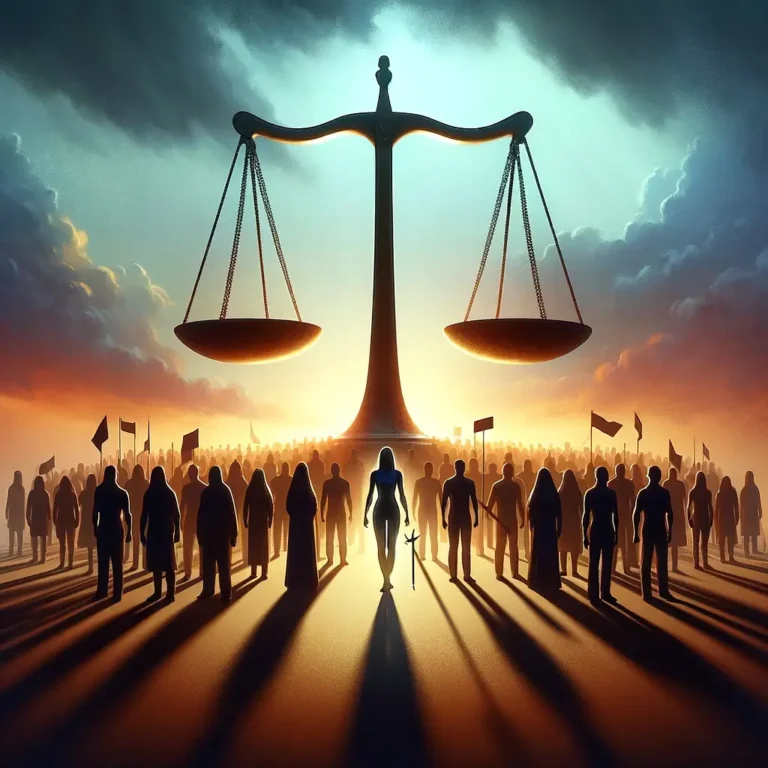This article will give you Understanding of Legal Implications of the Unnatural Offenses
In the Indian legal framework, “unnatural offenses” refer to certain sexual acts that are deemed contrary to the order of nature. Governed primarily by Section 377 of the Indian Penal Code (IPC), these offenses have long been a subject of legal and social debate. This article aims to elucidate the legal implications of unnatural offenses in India, providing insights into the current legal status, challenges, and societal impact.
Understanding the Legal Implications of Unnatural Offenses
Legal Definition and Scope
Section 377 of the IPC, enacted in 1860, criminalized sexual activities “against the order of nature,” including homosexual acts. However, in a landmark judgment in 2018 (Navtej Singh Johar vs. Union of India), the Supreme Court of India decriminalized consensual homosexual acts among adults, deeming the previous law unconstitutional insofar as it applied to consensual acts. The ruling was hailed as a significant step towards ensuring the rights and freedoms of the LGBTQ+ community in India.
Current Legal Implications
Post-2018, the legal landscape regarding unnatural offenses has evolved significantly. The decriminalization of consensual homosexual acts means that adults engaging in consensual sexual activities are not committing a crime under Section 377. However, non-consensual sexual acts and sexual acts involving minors remain punishable under this section and other relevant laws, such as the Protection of Children from Sexual Offences (POCSO) Act, 2012.
Challenges in Enforcement and Societal Impact
Despite legal progress, challenges persist in the societal acceptance and enforcement of laws relating to unnatural offenses. Discrimination and stigma against the LGBTQ+ community continue to affect individuals’ lives, impacting their access to justice, healthcare, and social acceptance. Moreover, the ambiguity surrounding what constitutes “against the order of nature” has led to varied interpretations and enforcement practices.
Legal Protections and Rights
The judiciary has played a pivotal role in expanding rights and protections for individuals regardless of their sexual orientation. Beyond decriminalizing consensual homosexual acts, courts have recognized the rights of transgender individuals and have advocated for changes to ensure non-discrimination. Legal protections against harassment, discrimination, and violence have been reinforced through various judgments and laws.
The Way Forward
The decriminalization of consensual homosexual acts under Section 377 marks the beginning of a broader movement towards equality and acceptance. Legal reforms, societal education, and awareness campaigns are essential to dismantle prejudices and promote inclusivity. There is a growing need for comprehensive anti-discrimination laws that specifically protect the rights of LGBTQ+ individuals in all spheres of life, including employment, education, and healthcare.
Final Answer
The legal implications of unnatural offenses in India have evolved significantly, particularly with the 2018 Supreme Court judgment decriminalizing consensual homosexual acts. While this represents a monumental step towards equality, challenges in societal acceptance and discrimination persist. The legal system continues to navigate these issues, offering protections and advocating for a more inclusive society. Understanding these legal implications is crucial for promoting human rights and ensuring justice for all individuals, irrespective of their sexual orientation.
Conclusion
The legal implications of unnatural offenses are deeply intertwined with changing societal norms, human rights considerations, and the ongoing struggle for equality and privacy. As legal systems evolve, the definition and treatment of these offenses continue to spark debate, reflecting broader shifts towards a more inclusive understanding of human sexuality and personal freedom.
















